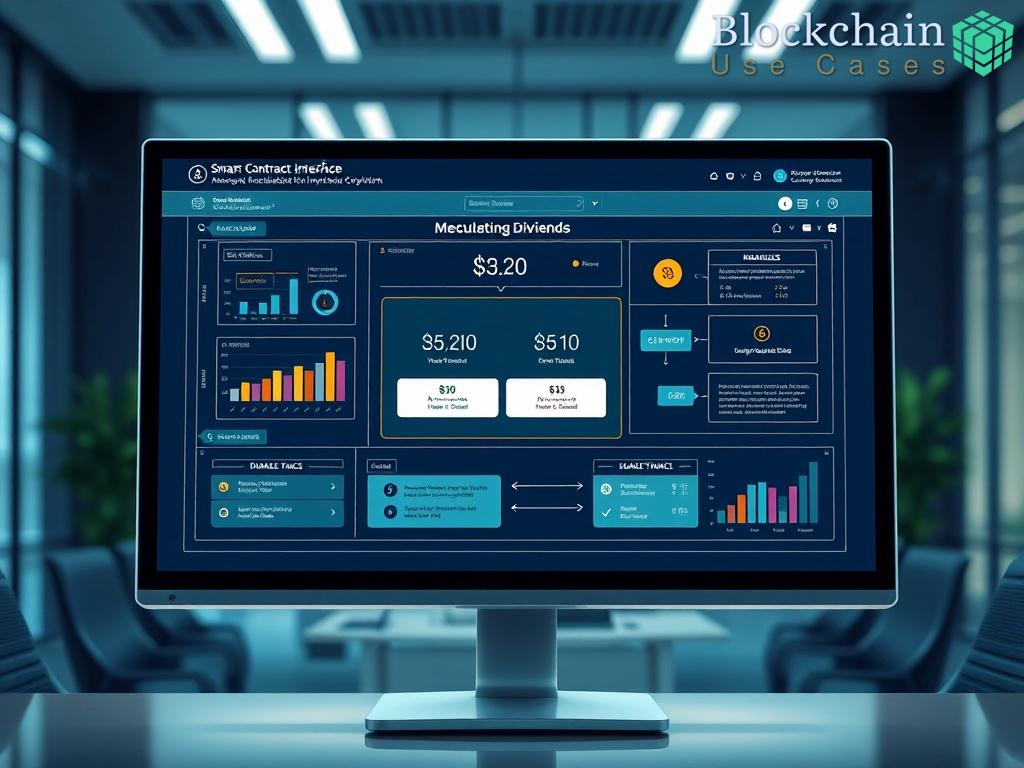The insurance industry has long relied on traditional methods of policy bundling and discount offerings. However, the advent of blockchain technology is transforming these practices, introducing a new era of transparency and efficiency. By leveraging smart contracts and decentralized ledgers, insurers can create more tailored packages that not only save consumers money but also enhance trust in the process.
Enhanced Transparency and Trust
One of the most significant issues in the insurance sector is the lack of transparency, which often leads to consumer distrust. Blockchain technology addresses this problem head-on. Each policy transaction is recorded on a public ledger, providing an immutable history that all parties can access. This transparency is crucial when bundling policies since customers can clearly see how their discounts are calculated and how their data is used.
Streamlined Claims Processing
Claims processing can be a cumbersome and lengthy process, often leaving customers frustrated. Blockchain streamlines this procedure by automating claims through smart contracts. These contracts can trigger automatic payments when predefined conditions are met, drastically reducing the time taken to resolve claims. This efficiency not only enhances customer satisfaction but also allows insurers to offer better package discounts, knowing that claims will be handled swiftly.
Opportunities for Personalized Packages
With blockchain, insurers can analyze customer behavior and preferences more effectively. This ability opens the door to personalized insurance packages that cater to individual needs. For example, a family with multiple vehicles may receive a bundled auto and home insurance package that incorporates their specific circumstances, leading to more significant discounts. Below is a list of advantages that blockchain brings to policy bundling and discounts:
- Increased Security: Blockchain’s decentralized nature reduces the risk of fraud.
- Cost-Effectiveness: Lower operational costs can be passed on to customers as discounts.
- Real-Time Analytics: Insurers can access real-time data to create more appealing packages.
- Improved Customer Experience: Faster processing and personalized services enhance overall satisfaction.


















